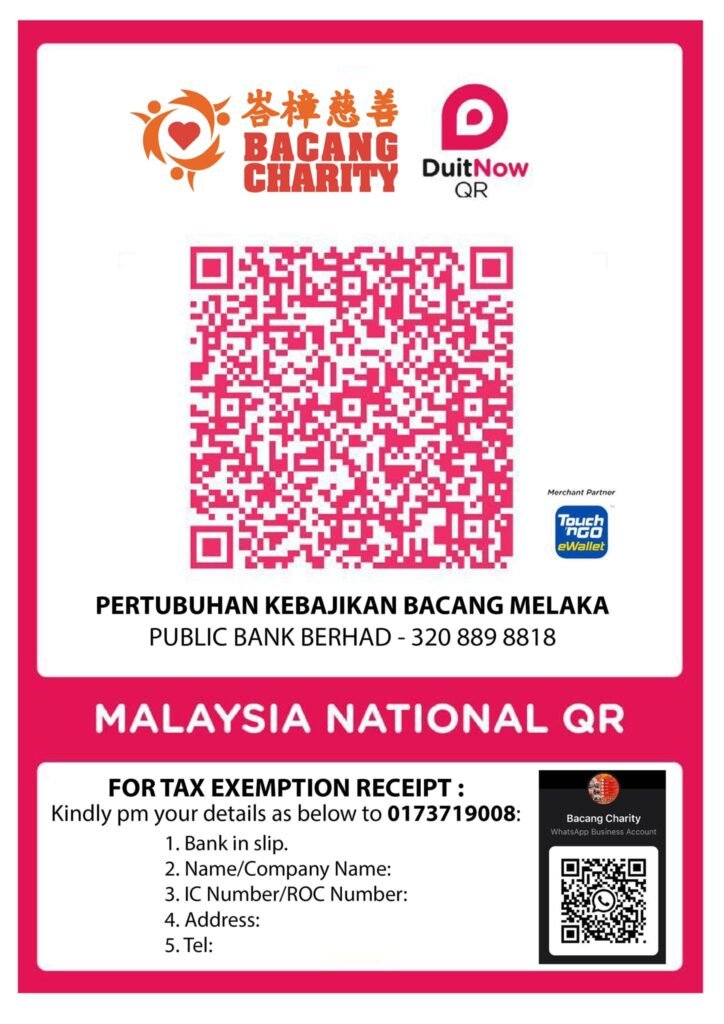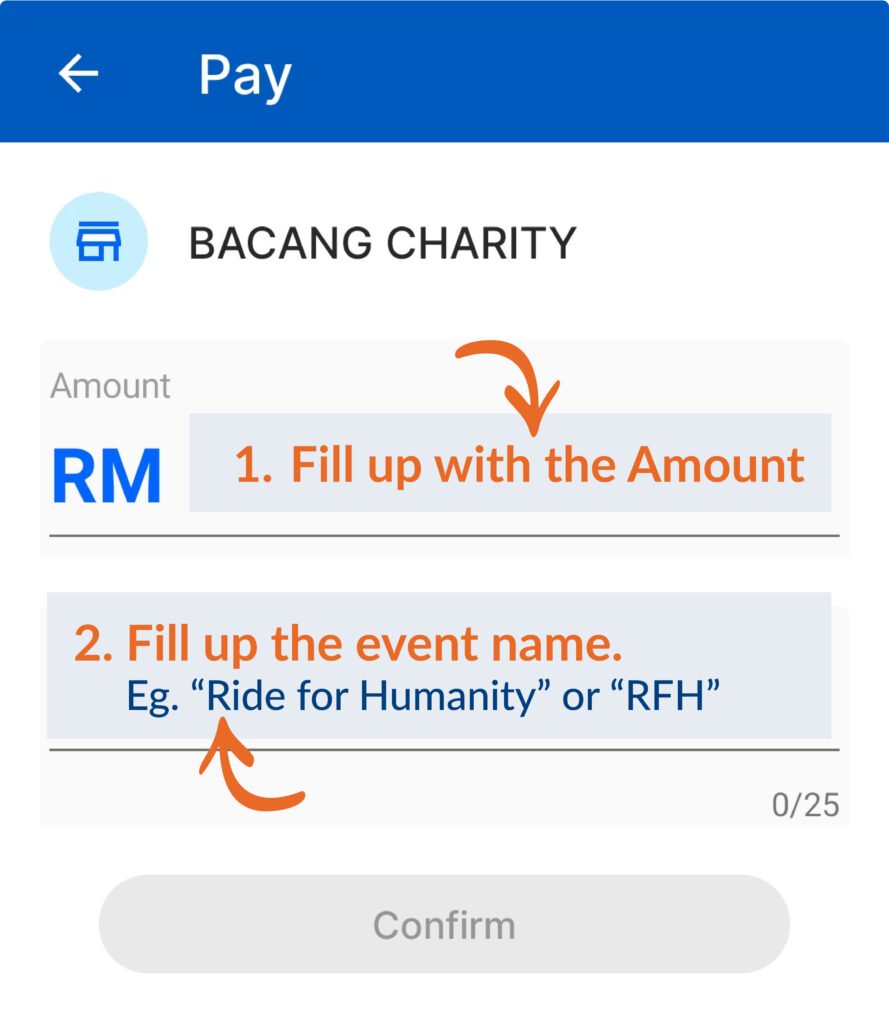When a teen or adult suddenly collapses from cardiac arrest, they usually have enough oxygen to keep
vital organs healthy for the first few minutes. Providing chest compressions that are hard and fast enough
will help pump blood to the heart and brain. Studies have shown that Hands-Only CPR is just as effective
as conventional CPR with breaths when given in the first few minutes of a cardiac arrest. Breaths are not
as important as chest compressions because the oxygen level in the blood remains adequate for the first
several minutes after cardiac arrest.
AHA recommends that those that know how to give conventional CPR do so, but Hands-Only CPR is an
effective alternative if the rescuer is unable or unwilling to provide breaths (due to not having protective
barrier devices or not knowing how). The AHA still recommends CPR with compressions and breaths for
infants, children, victims of drowning or drug overdose, or people who collapse due to breathing
problems.


